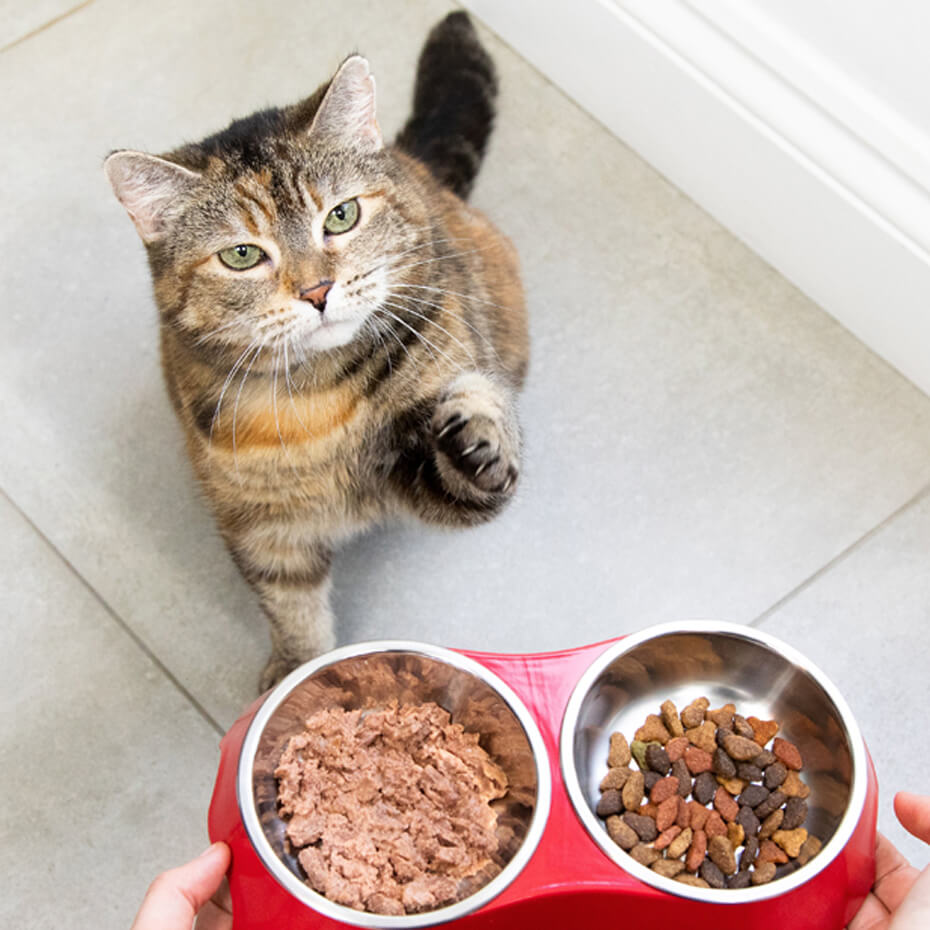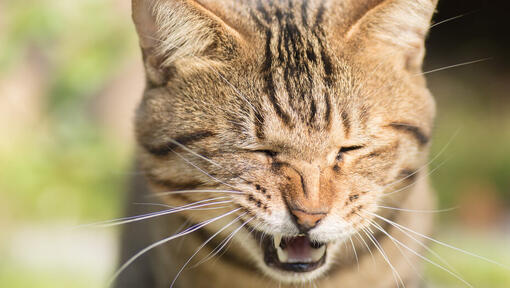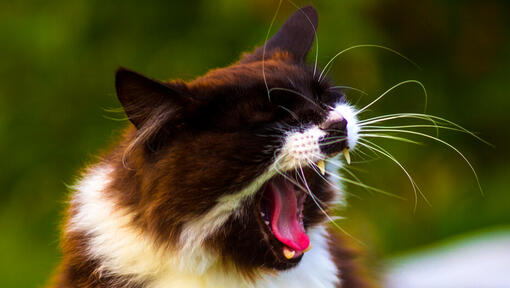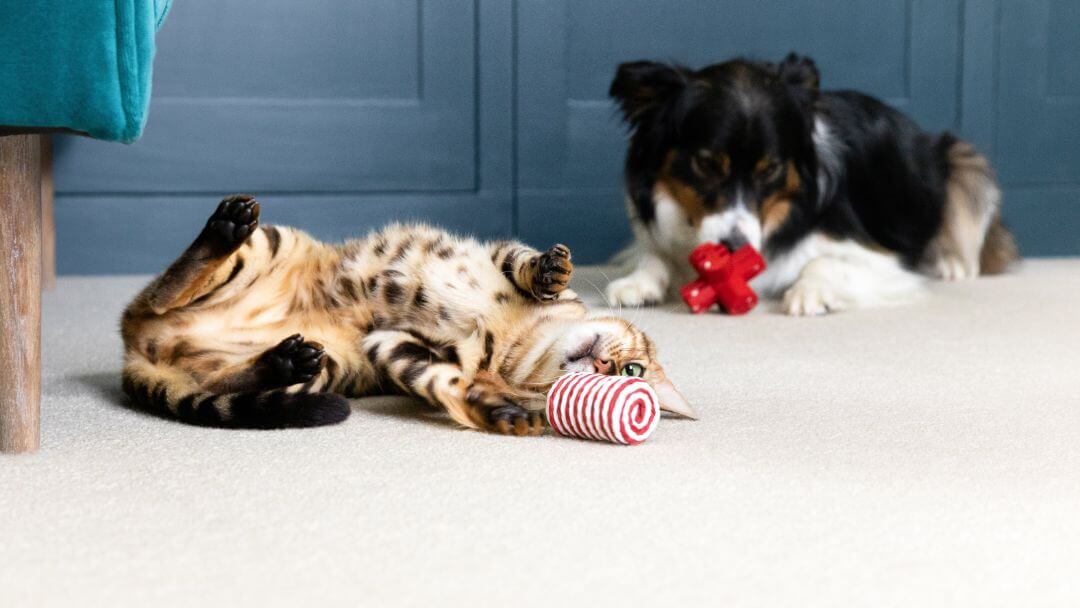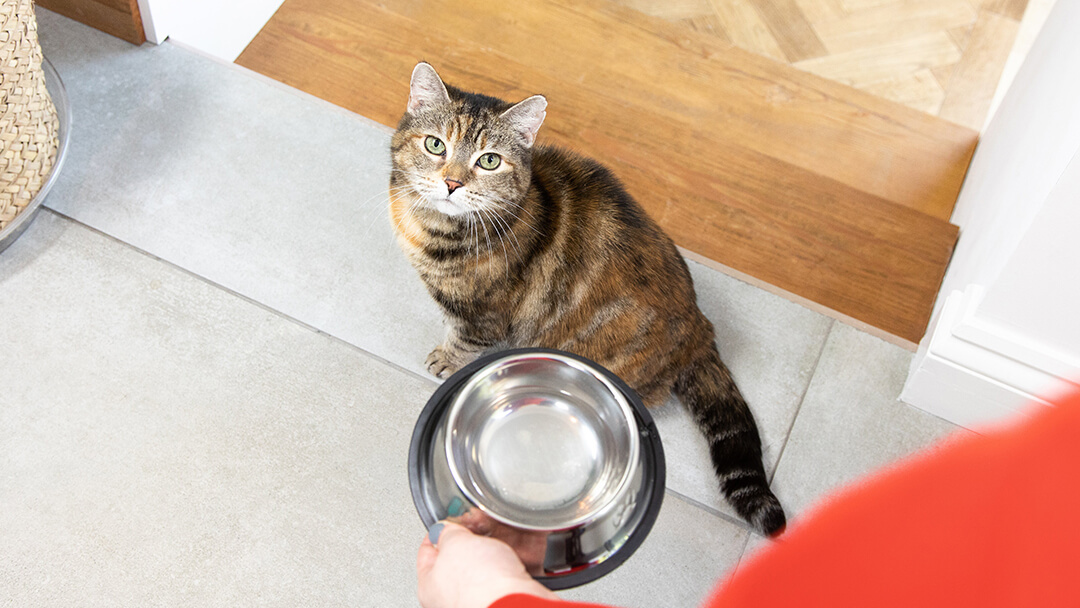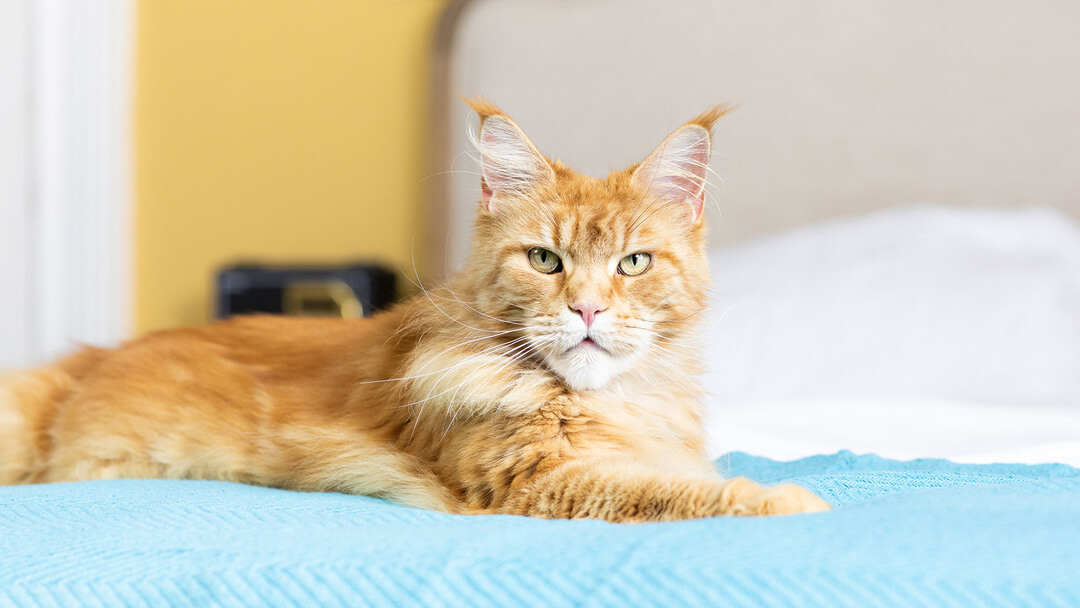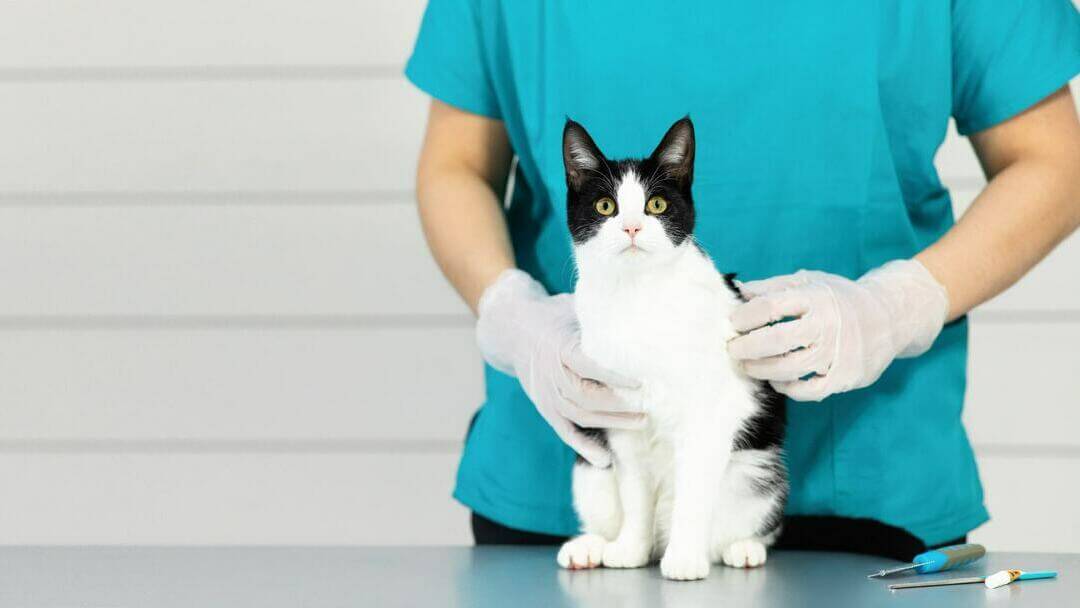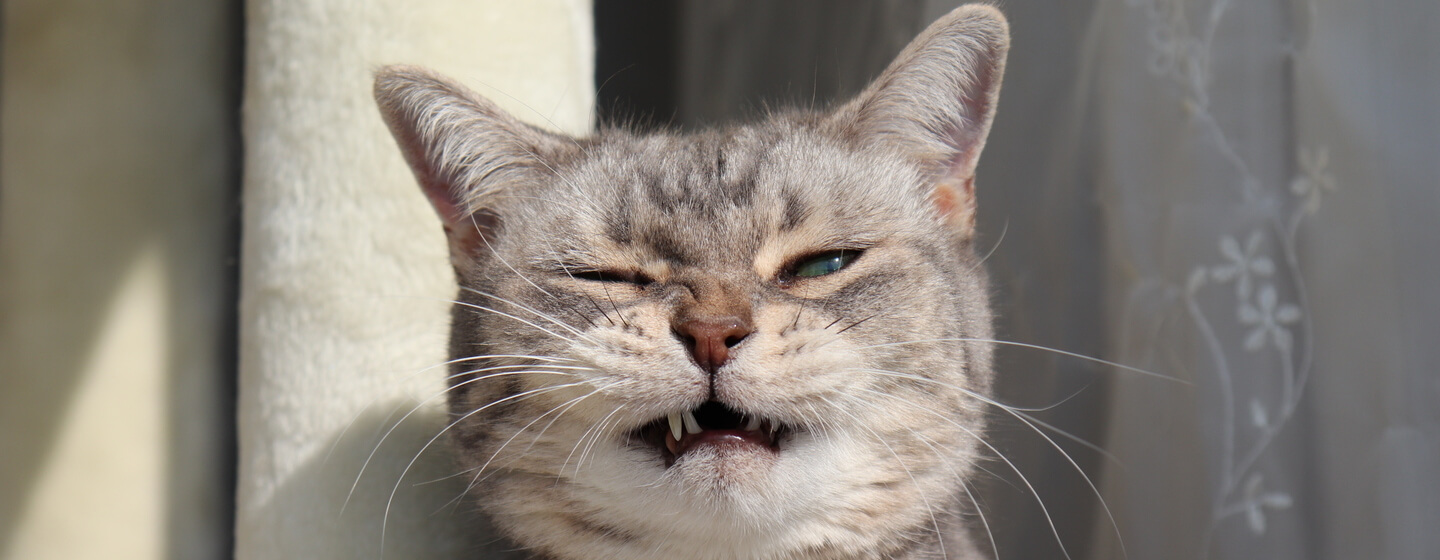
While the occasional sneeze from your cat is completely normal and is no cause for concern, frequent sneezing might catch your attention.
For humans, sneezing is a normal response to irritation in the nasal passages - the body’s way of removing an irritant from the nose. If your cat’s sneezing won’t go away, or if other symptoms such as a runny nose or eyes or coughing occur along with the sneezing, it might be time for a visit to your vet.
What is cat sneezing?
Sneezing is an explosive expulsion of air from the mouth and nose. Sometimes a shower of discharge is also sprayed out. This can be clear, or it may be bloodstained or even yellow or green if an infection is present.
Cat sneezing is usually a minor occurrence – it should expel the irritant in their nose. However, sometimes repeated sneezing may be accompanied by other symptoms which could mean a bigger health issue.
Excessive discharge from the nose or eyes, coughing or wheezing, reduced appetite and fatigue all may be seen in a sneezing cat.
Why is my cat sneezing?
The most common cause of persistent sneezing in cats is an upper respiratory tract infection, usually due to viruses such as feline herpesvirus and feline calicivirus. Both these viruses are contagious between cats but cannot be caught by humans. Stress can often worsen the signs of infection or increase transmission between cats.
As with colds and flu in people, treatment is aimed at controlling the symptoms while your cat fights the infection. Viral infections can sometimes lead to secondary bacterial infections which can be treated with antibiotics. Fungal infections of the nose also occur in cats but these are rarer.
Unlike in humans, allergies are not a common cause of sneezing in cats – but if your cat inhales something irritating, they may sneeze. Potential irritants include tobacco smoke, dusty cat litter, perfume, cleaning sprays, mould, dust, pollen and even candles.
Watch out for the timing of any sneezing bouts to see if you can work out the cause – is your cat sneezing as you are cleaning the house or just after you have changed the cat litter, for instance?
Rarer causes of persistent sneezing in cats can include tooth root infections which are draining into the cat’s sinuses, inhaled foreign bodies such as blades of grass or even tumours in the nasal passages.
What to do if your cat keeps sneezing
Make sure your cat receives regular vaccinations against feline herpesvirus and feline calicivirus to help prevent these viral infections.
If your cat only occasionally sneezes and is perfectly well in general, then just keep an eye on them for a few days and try to work out if there is any pattern to when they sneeze.
If your cats sneezing becomes more persistent, if your cat sneezes blood, or if they have other symptoms such as excessive nasal discharge, runny eyes, fatigue, coughing or trouble breathing, or if he or she is off their food, then you should make an appointment to see your vet as soon as possible. Most causes of your cat’s sneezes are easily treated and your cat should soon be feeling much better.
Looking for more cat health advice? Read our guide on cat vomiting, next.

